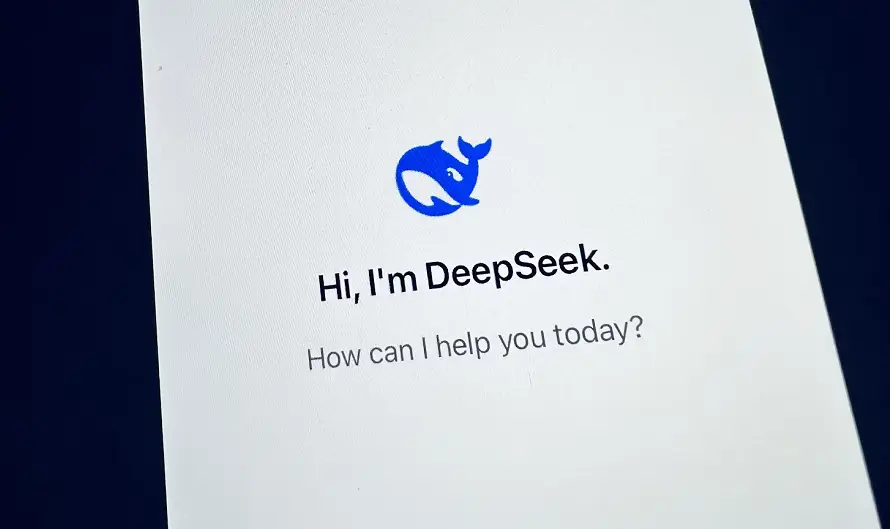A bipartisan committee in the House of Representatives has raised alarm over DeepSeek Ltd., a Chinese artificial intelligence startup, branding it a “significant threat” to U.S. national security. The committee alleged that DeepSeek operates as an “open-source intelligence asset,” transferring data regarding American users back to China.
The House Select Committee on China claimed that DeepSeek trained its AI models using data obtained illegally from U.S.-based AI companies. As a result of these findings, the committee recommends that the White House implement new limitations on the export of AI models to China.
DeepSeek, based in China, gained attention earlier this year with the introduction of DeepSeek-R1, an open-source large language model designed for enhanced reasoning capabilities. DeepSeek-R1 has been reported to outperform leading models from companies such as OpenAI and Anthropic PBC in various intricate tasks, despite being developed at a significantly lower cost.
In the wake of DeepSeek-R1’s introduction, OpenAI and its prominent supporter, Microsoft Corp., raised concerns, alleging that the model was trained on data illicitly sourced from their own AI models. They claimed that DeepSeek utilized distillation techniques to analyze output from existing models, thus accelerating the development process.
The committee’s report includes testimony from OpenAI, which asserted that DeepSeek “circumvented” safeguards on its models to extract reasoning outputs, hastening R1’s development. OpenAI further contended that DeepSeek likely generated synthetic data using open-source AI models to train R1, and accused the startup of using its models to evaluate R1’s responses while manipulating its training data.
Interestingly, OpenAI itself has faced criticism for gathering online content without consent for model training. Beyond appropriating data from OpenAI, the committee accused DeepSeek of transmitting American user data to China via unsecured networks, posing a potential intelligence threat to the leadership of the Chinese Communist Party.
It is crucial to distinguish between the R1 model and DeepSeek’s consumer-oriented chat application, akin to OpenAI’s ChatGPT. While the chatbot is hosted on servers in China and likely collects user data, R1 is an open-source model that can operate on servers anywhere globally. U.S. cloud firms, including Microsoft and Meta Platforms Inc., are currently hosting R1 on their infrastructures. The committee warned that DeepSeek R1 censors responses related to sensitive topics such as democracy, Taiwan, and Hong Kong, without user notification. Moreover, it noted that DeepSeek’s founder, Lian Wenfang, has close ties to the Chinese Communist Party and aligns ideologically with Xi Jinping Thought.


